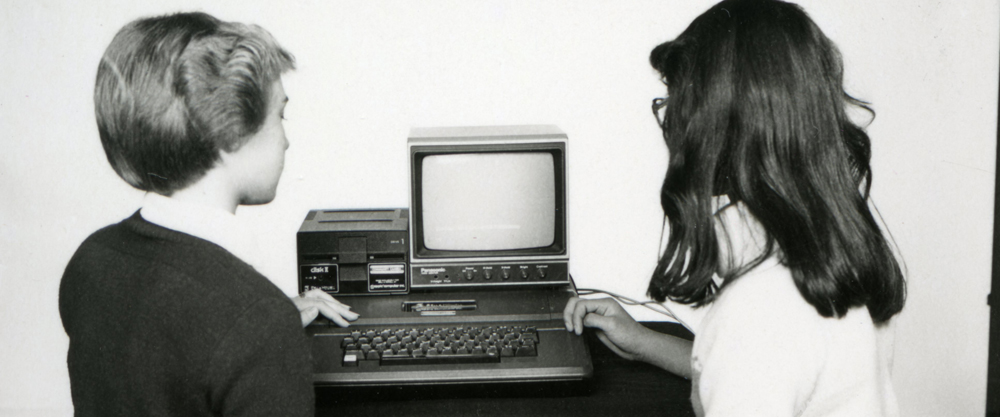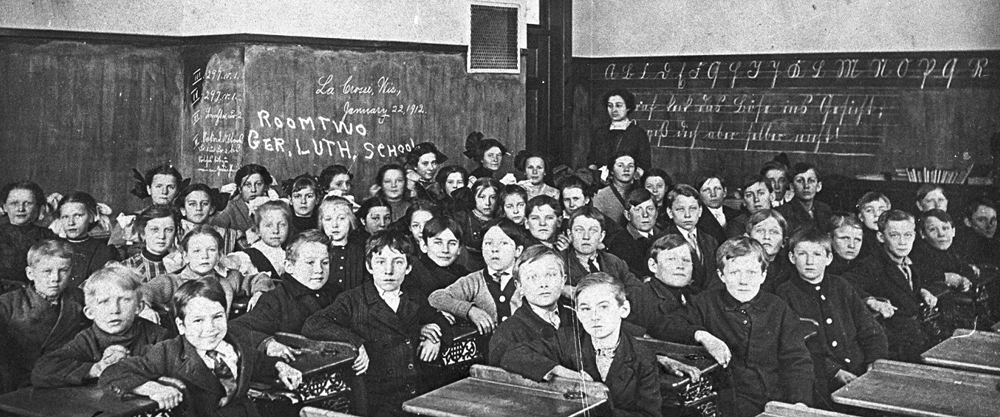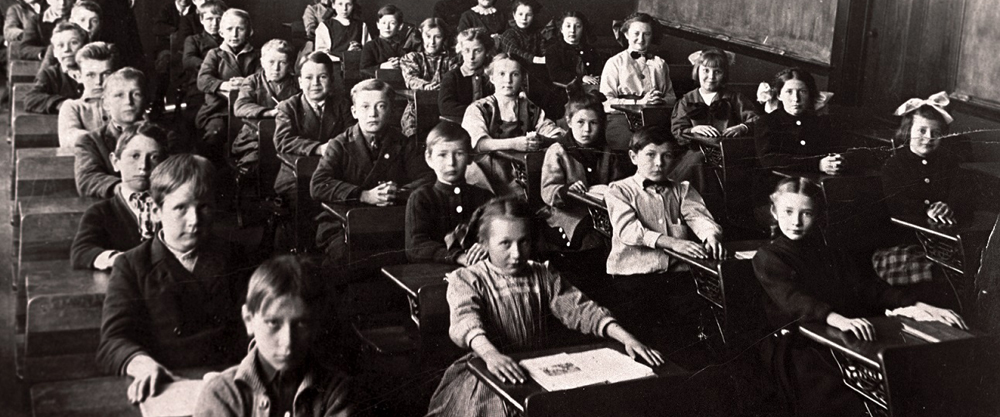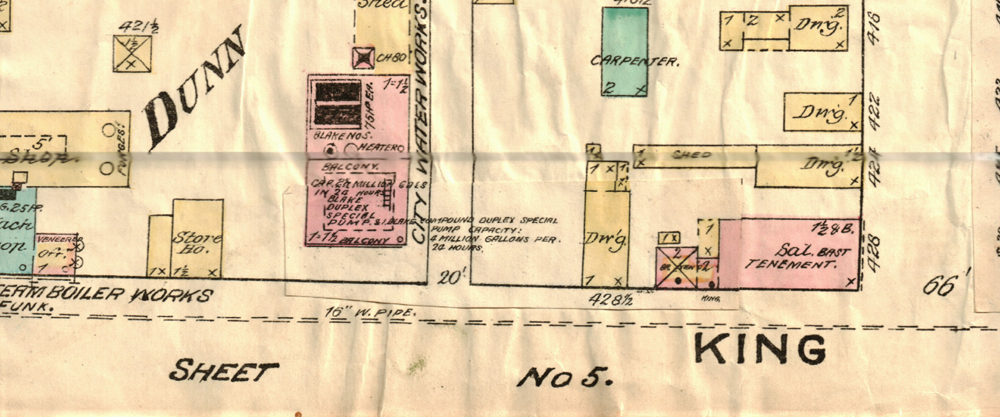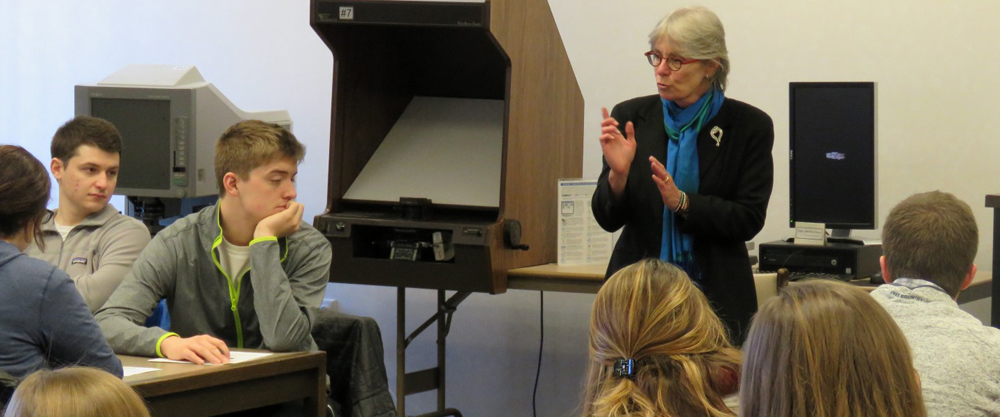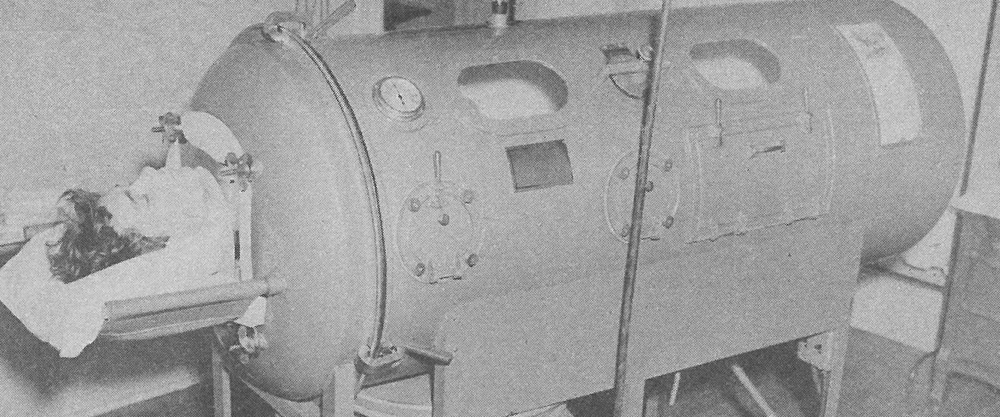LA CROSSE HISTORY
unbound
THE LA CROSSE AREA'S HISTORY, DIGITIZED
How do I use this site?

Unbound Collections
- Browse All Titles
- Formats
- General Histories
- Area Genealogy
- Accidents & Disasters
- Agriculture
- Archaeology
- Architecture
- Arts & Music
- Businesses & Industries
- Cemeteries
- Economy
- Education & Schools
- Events & Festivals
- Government
- Health & Healthcare
- Historic Sites
- Literature
- Military & War
- Natural Environment
- Neighborhoods
- Organizations
- Parks
- Peoples & Cultures
- Politics
- Press & News Media
- Religious Groups
- Sports & Recreation
- Transportation
Using This Site
If you are researching for National History Day, use this website to:
- pick a topic
- learn how to use primary and secondary resources
- find research materials and photographs
- learn how to cite your sources
- find out what an archive is and how to visit one near you
Browsing Collections
The Collections page and side menu to the left will guide you through our digitized primary and secondary sources. Resources are organized by category or subject.
Example
Maps of La Crosse County would be found under:
Items about the environmental impact from the button industry, which used freshwater mollusks (clams) from the Mississippi River in the early 1900s could be found under:
- Businesses and Industries --> Clamming and Freshwater Mollusks, or
- Natural Environment --> Mississippi River
Information about the first African-American Olympic medalist in history, George Coleman Poage, who grew up in La Crosse in the late 1800s could be found a few different ways:
What is your topic? Can you think of something you might be looking for and find it using the menu to the left? How does your topic fit with our subject headings?
Once you find the page that fits the subject or format you are looking for, you can scroll through and look at digitized materials that are related to that subject or format.
Searching Collections
If you want to find materials relating to your topic without going through the Collections tab or side menu, you can also go to the Search tab to search for a keyword.
Example
If you want to find materials related to George Coleman Poage and search "Poage," the following pages will show up in the results:
- Title List
- Biographies
- Black Americans
- LGBTQ
- Sports and Recreation
- Track and Field
These are all of the pages that have materials relating to George Coleman Poage. These pages will list the same materials about Poage as one another, which means you may not find new content if you click on every result.
If you are ever having troubles finding materials, always feel free to contact the archives for help.
